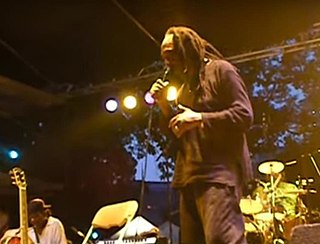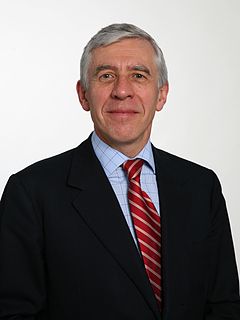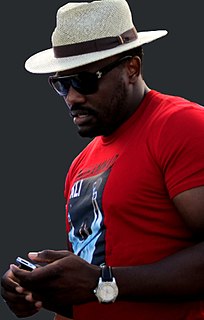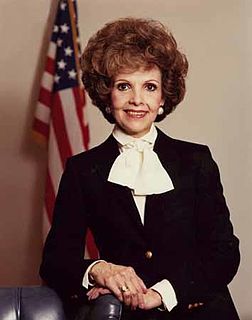A Quote by Petina Gappah
I'm not even sure that I want to go back... The Zimbabwe that I really loved, the Zimbabwe that I grew up in, just isn't there anymore, and I'm not sure about the country that has replaced it.
Related Quotes
What is the worst, is that you will have the meltdown of Zimbabwe that the IMF is talking about. And indeed what you will have is growing unemployment in Zimbabwe, growing impoverishment among the people, growing social conflict. And I think that is the worst sort of outcome, that collapse of Zimbabwe certainly would have a much, much worse effect on the region than mere image.
The struggle for Zimbabwe lit up the imagination of people around the world. In London, New York, Accra and Lagos, bell-bottomed men and women with big hair and towering platform shoes sang the dream of Zimbabwe in the words of the eponymous song by Bob Marley: Every man has the right to decide his own destiny.
I grew up in Zimbabwe in Southern Africa, and I moved to London when I was 17. And I started commuting and, actually, to go to college. And I used to really enjoy that part of my journey where the - it was actually a Tube train, but it was over ground, and it went right past the backs of people's houses, and I could actually see right in.
































